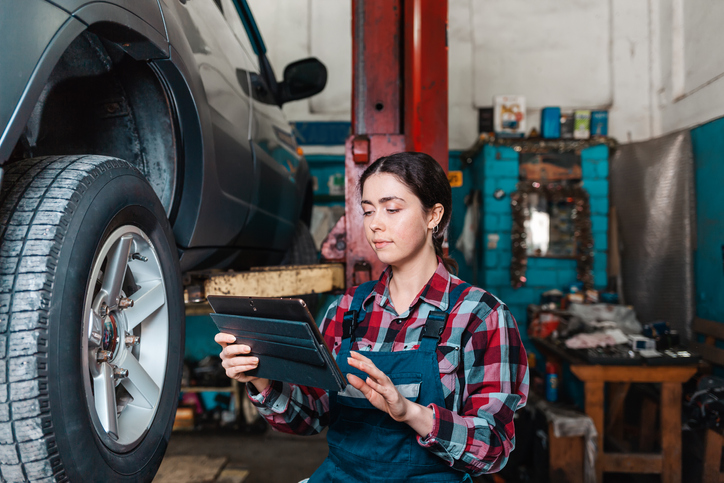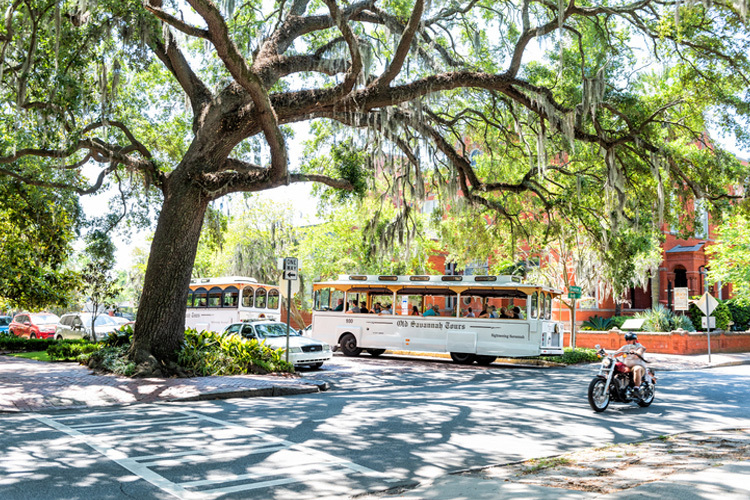
The automobile industry has been impacted hugely by the advent of the commercialization of Artificial Intelligence (AI). With AI self-driving cars are becoming popular and soon might become the law. However, these are not the only applications of AI in automobiles or transport.
Generally, technologies such as AI, the Internet of Things (IoT), and data analyses are being used by vehicles to ensure that people get better car services, can access help anytime they require it if their car breaks down, and more. However, if these technologies have pros, they have their cons, too.
For such tech to work, the car company or repair shop will be required to access telematics systems data, which includes diagnostics data of the car. Previously, entities would be able to connect to the car’s onboard diagnostics port to retrieve all the relevant data and repair the vehicle accordingly. However, with such usage of data, several concerns have been raised.
The first concern is the Right to Repair, wherein a company ensures that all its telematics data is secure and encrypted. The problem with this bill is that car companies will get an undue advantage over independent repair shops. This is because only the car companies will be able to access the diagnostics data and other data of the car. People prefer going to repair shops they know as opposed to going to company-owned service centers, and they would like to retain that choice.
On the flip side, the issue is that if car companies start using an openly accessible telematics system or platform for the data, every car owner and driver would be more vulnerable to cyber-attacks and malicious users. Hackers will be able to access real-time data such as where the person is, the speed with which they are driving, and more. Furthermore, they will be able to control the elemental functionalities of the car, such as braking, accelerating, and more.
As a result of this, the Right to Repair law seems to put people in a predicament. Should one let go of their independence to choose repair shops, or must they let go of privacy? A solution came in the form of a consensus. The National Highway Traffic Safety Administration and Massachusetts’ attorney general came to an understanding that the platform designed by car companies must be in compliance with the Right to Repair law. However, they can make minor changes such that the platform in the car can only be accessible to nearby shops via a bluetooth service.
While this does solve the issue of choosing independent repair shops while also maintaining the privacy of users, the repair shops will still have a disadvantage. This is because the car companies will be able to access data at all times as opposed to repair shops, which will only be able to access data when the vehicle owner takes their car to the garage or workshop.
Above and beyond this, a major question that looms over is, “Who owns your car data?” Should the vehicle owner own the car data, or should it be the company making the vehicle? The current laws of data and privacy do not have the provision to answer such questions. However, these are important questions to ask, especially in the case of accidents where the root cause depends on the awareness, access, and ownership of the data.
Thus, the best person to turn to in such cases would be the repair shop would be a personal injury lawyer. If you’re someone who lives in Gainesville, a Gainesville, GA, personal injury lawyer would be able to guide you through the intricacies quite well. Overall, the state must include well-researched newfound laws that can accommodate the rapid transformation in technology.
RELATED ARTICLES
Recent Posts
- Major Theft Ring Busted: Over $200,000 in Stolen Lego Sets Recovered in Eugene, Oregon
- Judge Denies Texas’ Bid to Shut Down Migrant Shelter Network in El Paso
- Single Mother in Memphis Seeks Help for Troubled Son Amid Rising Concerns
- California’s Proposition 47 Reform Sparks Intense Political Debate Over Public Safety
- U.S. Man’s Social Security Benefits Denied Over Citizenship Confusion
Categories
Our Supporters
Gold Supporters
Christopher Simon – Atlanta Truck Accident Lawyer
Skiver Law Firm – Phoenix Truck Accident Lawyer
Winer, Burritt & Scott, LLP – Los Angeles Clergy Abuse Law Firm
Michael E. Fenimore P.A. – Pensacola Car Accident Lawyer
Pillsbury & Coleman, LLP – San Mateo Long Term Disability Lawyer
The Law Office of Randall J. Wolfe, P.C. – Oregon City Personal Injury Lawyer
Davies Hothem Injury Law – Buford, GA Car Accident Attorney
Houston Federal Criminal Defense Attorney
Darrow Law Firm – Houston Federal Crime Lawyer
Kansas City Personal Injury Lawyer
Atlanta Truck Accident Attorney
Aitken *Aitken* Cohn Trial Lawyers – Santa Ana Personal Injury Attorneys
Dawson Law Group- Portland Personal Injury Attorneys
CT Mediation Center- New Haven Family Law Attorney
Little Rock Personal Injury Lawyer
Katy Car Accident Lawyer
Franklin Divorce Attorney
Palermo Law- Long Island Personal Injury Lawyer
Dan Rose – San Francisco Car Accident Attorney
Taylor Siemens – Liberty, MO Personal Injury Attorneys
Pfeifer Law Firm – Little Rock Car Accident Lawyer
Walkup, Melodia, Kelly & Schoenberger – San Jose Car Accident Attorney
Solomon, Dwiggins, Freer & Steadman – Las Vegas Business Litigation Lawyer
Roane Law – Asheboro NC Car Accident Lawyer
Dorsch Law Firm – Overland Park Estate Planning Attorney
The Tennessee Sledgehammer – Hermitage, TN Car Accident Lawyer
Cook Law Group – Gainesville, GA Car Accident Lawyer
Simon Bridgers Spires – Atlanta Personal Injury Lawyer
Injury Law Associates – Kansas City Motorcycle Accident Lawyer
Potts & Potts – Honolulu Personal Injury Attorney

